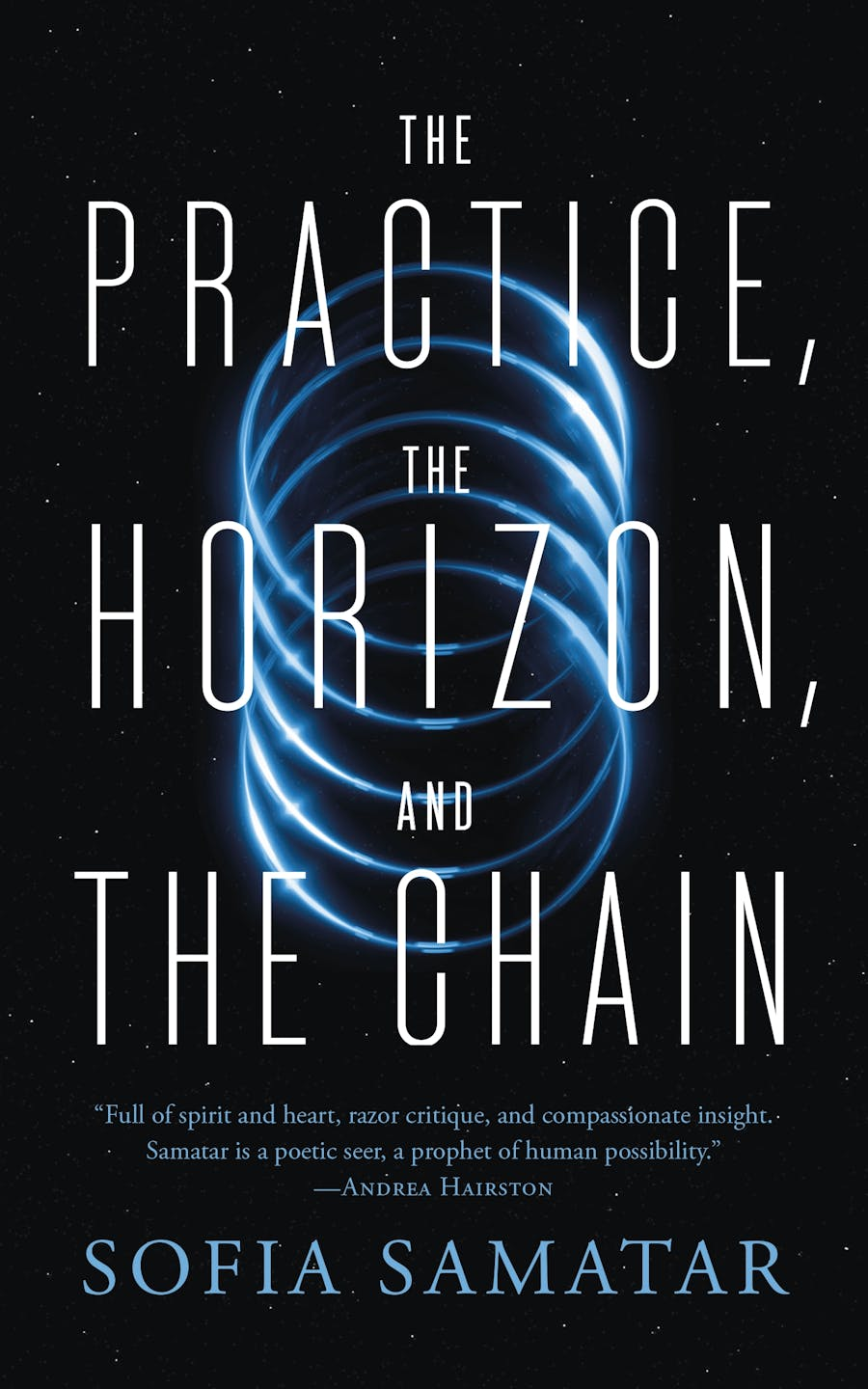I have put out a new translation of Charles Baudelaire's The Flowers of Evil. Here are three of my favorites.
Evening Harmony
Now comes the time when, trembling on its stem,
Every flower fumes like a censer;
Sounds and perfumes turn in the evening air:
Melancholy waltz, languid vertigo!
Every flower fumes like a censer;
The violin trembles like a tormented heart:
Melancholy waltz, languid vertigo!
The sky is sad and lovely, a vast altar.
The violin trembles like a tormented heart,
A tender heart that loathes the black void!
The sky is sad and lovely, a vast altar;
The sun has drowned in its congealing blood.
A tender heart that loathes the black void
Gathers every vestige of the luminous past!
The sun has drowned in its congealing blood . . .
Your memory in me glows like communion.
The Giantess
In those times when Nature with her powerful spirit
Was giving birth daily to monstrous children,
I would have liked to live beside a young giantess
Like a lazy cat at the feet of a queen.
I'd have liked to watch her body blossom in tandem with her soul
And grow unfettered in her terrifying frolics;
To know by the damp mists floating in her eyes
If her heart harbored a smoldering flame;
To explore at my leisure her magnificent form,
Climbing the slopes of her enormous knees;
And sometimes in summer, when the scorching sun
Forced her to stretch out across the countryside,
To sleep without a care in the shadow of her breasts,
Like a peaceful town at the foot of a mountain.
Autumn Song
I.
Soon we'll plunge into the chilly darkness;
Farewell, clear brightness of too-short summers!
Already I hear the dreary drumbeat
Of firewood clattering on the cobbles of the courtyard.
All of winter will enter my being—fury,
Fear, hatred, horror, terrible forced labor—
And, like the sun in its polar hell,
My heart will be nothing but an icy red block.
Each toppling log sends a shudder through me;
The raising of a gallows wouldn't sound as grim.
My spirit is like a tower that succumbs
To the heavy blows of a tireless battering ram.
Rocked by these monotonous blows, I feel
That somewhere they're hastily nailing a coffin shut.
For whom? —Yesterday it was summer; this is autumn!
The mysterious noise rings like farewell.
II.
I love the green light in your long eyes,
Sweet beauty, but today all is bitter to me,
And nothing, not your love, your boudoir, or your hearth,
Is worth the sun shining on the sea.
But love me, gentle heart! Be a mother
Even for an evil and ungrateful man;
Lover or sister, be the fleeting sweetness
Of a glorious autumn or a setting sun.
Brief task! The tomb awaits; it's famished!
Ah, with my head in your lap, let me
Savor the last sweet amber rays of autumn
While I mourn the white heat of summer!

























